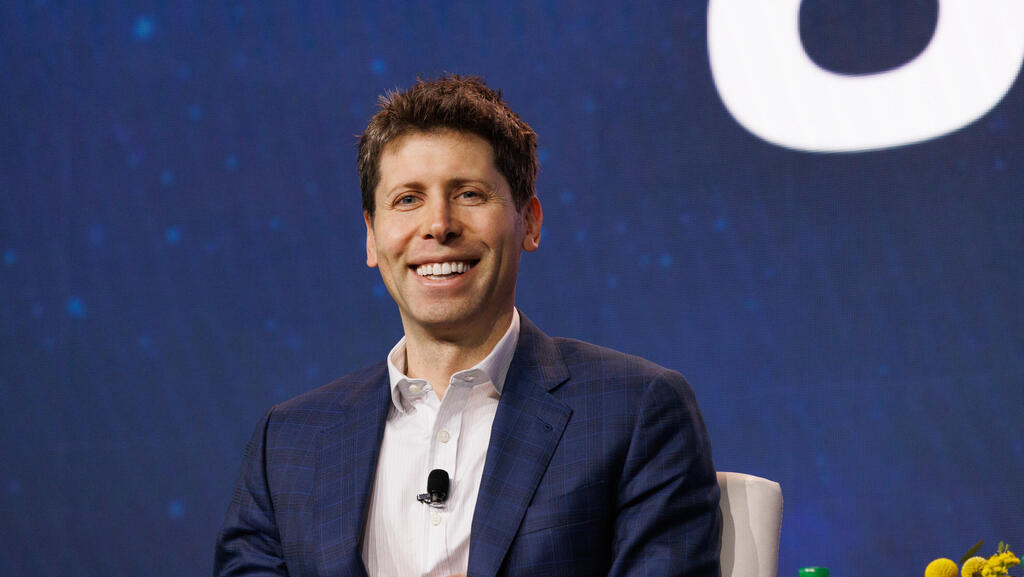
Is ChatGPT about to upend Google’s long-reigning search dominance?
With real-time web access, OpenAI’s ChatGPT aims to redefine search and take on Google’s core business—but is the web itself at risk?
The world of technology has seen countless upheavals over the past 26 years, transforming daily life beyond recognition. But one thing has remained largely unchanged: search. It’s surprising how little the field has evolved since Google launched its search engine in 1998. The internet has grown, interfaces have improved, ads have multiplied, and the quality of search results has fluctuated. Yet, the core experience—typing a query and receiving a list of links—has endured, with Google reigning as the undisputed leader.
Last Thursday, however, a move emerged that could finally disrupt the domain. OpenAI, the company that launched the generative artificial intelligence (GenAI) revolution, introduced real-time web access capabilities in ChatGPT, branded as "ChatGPT search." This move signals its intentions clearly: to challenge one of the world’s most dominant companies.
While OpenAI is not the first to launch an AI-based search, its move carries significant weight due to its prominence in the GenAI space. This development could shift not only the balance of power in search but also fundamentally change how we use the web—perhaps even leading to its reinvention.
The new search capability is available to paying users and will expand to institutional and educational subscribers over the coming weeks, reaching free users in the coming months. It integrates within the chatbot, activating based on the user’s prompt or by clicking a Search button.
The primary difference from traditional search engines is that ChatGPT doesn’t just present a list of websites; instead, it enters these sites, finds relevant information, and condenses it into a concise summary. If you ask where to dine in Tel Aviv on a Friday, ChatGPT doesn’t list restaurant review sites—it provides a tailored recommendation list. For current events, it doesn’t link to news articles but rather offers a cohesive summary.
Importantly, all results include links to the original sources, allowing users to verify and explore further. Website operators retain control over whether their sites are included in ChatGPT's real-time search results. The feature was developed in collaboration with prominent news and content providers, including AP, Axel Springer, Condé Nast, Financial Times, News Corp, Reuters, and Time.
Previously, ChatGPT could answer similar queries based only on its training data, which might have been outdated. Now, answers are consistently current, drawing on the latest information available online.
ChatGPT search could profoundly impact the existing search market. Google has incorporated some AI capabilities into its own engine but remains tethered to its ad-driven business model. With a significant share of its revenue tied to ads in search results, Google cannot radically change its approach without risking major revenue loss. OpenAI, on the other hand, is unencumbered by such constraints. As a startup still establishing its business model, OpenAI has greater flexibility to innovate without jeopardizing a profitable, if outdated, operation.
While Google is bound to the traditional search model, OpenAI can reimagine the field, potentially luring users from Google to ChatGPT. Recent declines in Google’s search quality—due to both algorithmic factors and increased ad placements—only underscore the opportunity OpenAI is tapping into.
However, ChatGPT’s path to dominance will not be as straightforward as Google’s was in 1998. Today, numerous competitors can deliver similar or even superior capabilities. For the first time in a quarter-century, the search market faces real upheaval, which could upend its current structure—a beneficial shift for users.
Yet, the shift to GenAI-based search may come with unintended consequences. Traditional search engines like Google offered a gateway to the expansive web, leading users to diverse sites and content sources. Search results were a starting point, launching users on a journey of exploration. Google championed a content-centric web, where even small players could reach prominent positions in search results.
ChatGPT search, by contrast, provides an end-point summary. Information is pre-packaged, processed, and presented, minimizing the need for further exploration. While links to sources are available, users may seldom click them since the chatbot has already answered their query. In the past, niche websites could provide deep insights on specific topics. Now, with ChatGPT handling the curation, users may have no reason to visit these sites, potentially reducing traffic to smaller sites that depend on ad revenue to survive. We saw this effect when Google began displaying information from its own services directly within search results, reducing traffic to third-party sites like Yelp. ChatGPT search could accelerate this process.
Websites can choose to exclude themselves from GenAI-generated results, but opting out could cost them traffic. In a future dominated by chatbot-driven searches, not appearing in results may mean not existing at all. ChatGPT search could create a downward spiral in which smaller sites lose traffic and revenue, leading to closures and a diminished variety of high-quality content online. Should OpenAI’s initiative succeed, we may eventually face a world where there’s no web left to fuel ChatGPT search.














